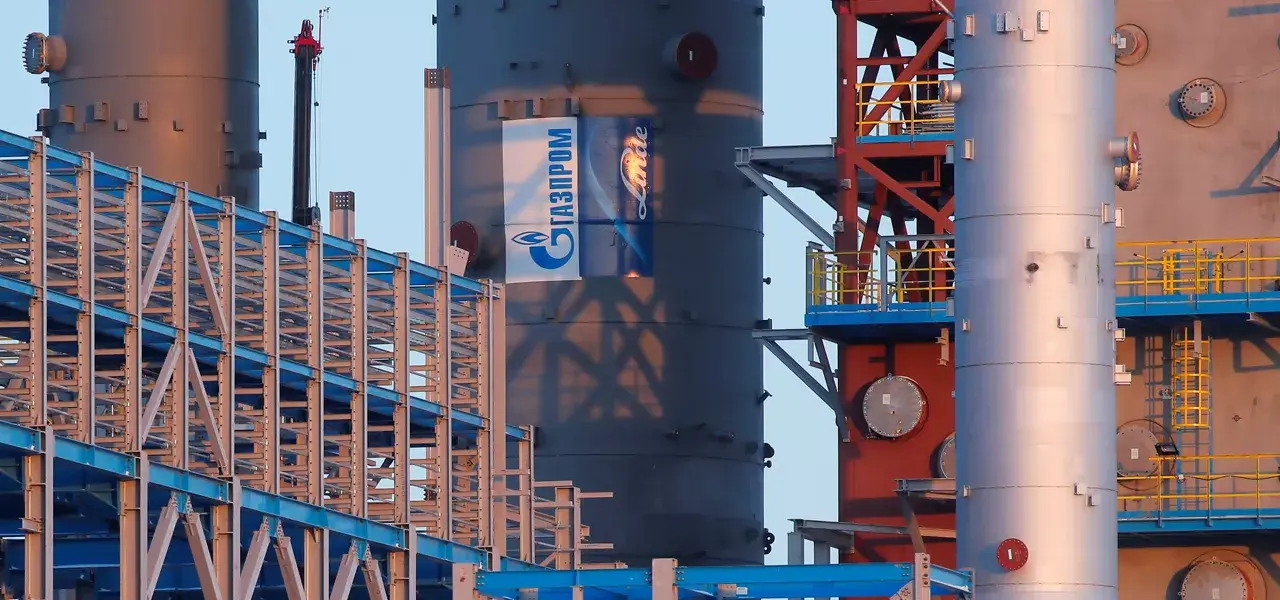
The countries that make up the BRICS have intensified the demand for oil, liquefied natural gas (LNG) and Russian coal, with totally hired oil volumes, according to Russia’s deputy energy minister Roman Marshavin, in an interview with the agency Sputnik.
The statement occurs in a growth context in energy relations between the bloc members and the search for greater autonomy in relation to Western financial mechanisms.
“BRICS partners are already openly declaring their interest in Russian energy resources, even in projects under Western sanctions. We are talking about LNG, oil, oil and coal derivatives. In addition, in the case of oil, we are facing a situation where demand exceeds available volumes. Everything has already been hired and there are a few new volumes available.”
Russia, the target of western sanctions since the beginning of the conflict with Ukraine, has adopted commercial redirect strategies.
The deputy minister pointed out that in 2022, the country was able to maintain the volume of exports by transferring its focus to alternative markets. Among these markets, the BRICS countries – a group formed by Brazil, Russia, India, China, South Africa and other recently incorporated nations – have gained prominence as priority partners.
In addition to the interest in energy resources, Marshavin reported that BRICS countries also seek to learn from the Russian marketing model under economic restrictions. The Russian proposal involves the creation of a common economic infrastructure, which includes its own payment and logistics mechanisms, detached from western structures.
“If we create a system that is invulnerable to external influence, and have our own payment and logistics mechanisms, then there will be no need for dollars or western classifications,” said the deputy minister.
The statements reinforce the coordinated movement within BRICS for greater energy and financial independence, discussed in various group meetings since the beginning of the decade.
In recent domes, the bloc leaders addressed the possibility of adopting local currencies for business transactions and expanding logistics integration infrastructure, with the aim of reducing dollar dependence and western power dominated financial systems.
A Energy Strategy from Russia by 2050document released by the government, provides for an increase in oil production and export. According to planning, total production is expected to reach 540 million tons per year by 2050. Exports, in turn, should grow to 235 million tons per year.
Oil refining is also included in expansion goals. Refining capacity is expected to reach 283 million tons per year by 2050, an increase of 3% over 275 million tons registered in 2023. The Russian plan considers this strategic growth to support the supply to partner markets and ensure higher value added to national production.
Russian movements and BRICS countries occur in a scenario of reconfiguring global energy trade. With sanctions by imposing restrictions on Russian exports to Europe and the United States, countries such as China and India began to assume a larger portion of oil imports and Russian derivatives. Brazil also participates in these dynamics, expanding technical and commercial partnerships in the energy sector.
The deepening of energy relations in BRICS coincides with the debate on greater institutionalization of the group. In recent years, member countries have been discussing ways to broaden their global influence through their own mechanisms for financing, trade and energy integration. Infrastructure, logistics and payments cooperation is one of the central axes of these discussions.
The possibility of an alternative trade and financial system as suggested by Marshavin involves gradual replacement of the dollar in transactions between BRICS members and strengthening national currencies in bilateral flows.
This initiative is supported by previous statements of representatives from China, India and South Africa, who expressed interest in reducing exchange and financial exposure to external pressures.
In the midst of this process, Russia tries to consolidate its position as a strategic power supplier in the block. With the demand exceeding oil and LNG offer, projections indicate that new agreements and investments in energy infrastructure can be signed among the members in the next rounds of negotiations.
The next BRICS summit should resume the energy security debate, regional integration policies and alternatives to the global financial system. Marshavin’s statements point to a long -term strategy, in which the Russian energy supply aligns with joint effort due to greater block autonomy against traditional trade and finance structures.
With information from Sputnik
Source: https://www.ocafezinho.com/2025/07/03/paises-do-brics-esgotam-oferta-de-petroleo-da-russia-e-buscam-integracao-fora-do-dolar/

